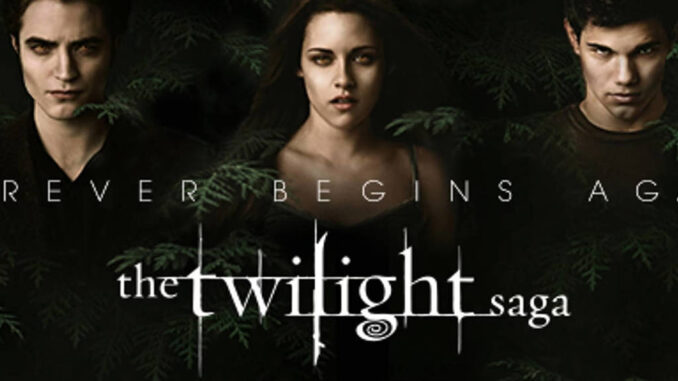
The Crimson Dawn: Why a Twilight Return Still Matters
The air crackles with a familiar, if somewhat controversial, energy. Whispers turn to murmurs, then to excited pronouncements: The Twilight Saga is about to return. The legendary series of vampires, werewolves, and the immortal love that bound them is, against all odds, poised to ignite a new generation of fervent believers and equally passionate detractors. But in a world saturated with supernatural narratives, why is this return such a significant, almost seismic, event? What is it about the sparkly vampires and angsty teenagers that continues to resonate, even a decade after the film franchise ostensibly ended?
To understand the potential impact of Twilight’s return, we must first acknowledge its undeniable cultural footprint. For many, especially young women, the initial release of the books and subsequent films marked a crucial stage in their lives. Bella Swan, the awkward, self-effacing protagonist, was a blank canvas onto which they projected their own insecurities, desires, and yearning for a grand, all-consuming romance. Edward Cullen, the brooding, impossibly beautiful vampire, embodied the forbidden fruit, the dangerous yet irresistible pull of the unknown and the powerful allure of being completely and utterly adored. While these elements might appear simplistic, their potency in the hands of a generation grappling with identity and self-worth should not be underestimated.
The appeal of Twilight lies in its unapologetic embrace of melodrama. It’s a world where emotions are amplified, consequences are eternal, and love conquers all, even death. This operatic quality, often ridiculed, is precisely what draws in its audience. In a world increasingly cynical and ironic, Twilight offers a safe haven for earnestness, a space where it’s okay to believe in grand gestures and passionate declarations of love. The fantastical elements, the vampires, werewolves, and psychic abilities, serve to heighten the emotional stakes, making every decision feel monumental and every romance feel destined.
However, the resurgence of Twilight is not without its potential pitfalls. The original series has been criticized for its problematic portrayal of relationships, its promotion of unhealthy obsession, and its reinforcement of traditional gender roles. Bella’s reliance on Edward for self-worth, his controlling tendencies, and the constant tension between the two characters raise uncomfortable questions about power dynamics and the idealization of unhealthy relationships. A modern adaptation must address these issues, offering a more nuanced and critical perspective on the characters and their choices.
Furthermore, the landscape of young adult fiction has evolved significantly since Twilight’s initial reign. Stories are now more diverse, inclusive, and politically engaged. A return to the overwhelmingly white, heteronormative world of Forks, Washington, would feel jarring and out of touch. To succeed, the new iteration of Twilight must acknowledge the social and cultural shifts that have occurred in the intervening years, offering a more representative and relevant narrative.
Ultimately, the success of Twilight’s return hinges on its ability to strike a delicate balance. It must retain the core elements that made the series so beloved – the intense romance, the supernatural intrigue, and the escapist fantasy – while simultaneously addressing its inherent flaws and adapting to the sensibilities of a modern audience. Perhaps this new chapter will offer a fresh perspective on Bella and Edward’s love story, exploring the complexities of their relationship with greater depth and maturity. Perhaps it will introduce new characters and storylines that reflect the diversity of the world around us.
The return of Twilight is not merely a nostalgic trip down memory lane; it’s an opportunity to re-examine a cultural phenomenon through a contemporary lens. Whether it will sparkle anew or crumble under the weight of its own legacy remains to be seen. But one thing is certain: the crimson dawn of Twilight’s return promises to be a fascinating and, undoubtedly, highly debated event. It’s a chance to revisit a world of immortal love, a world where the stakes are high, and the drama is relentless, reminding us, for better or for worse, of the enduring power of a well-crafted, albeit flawed, fantasy.
